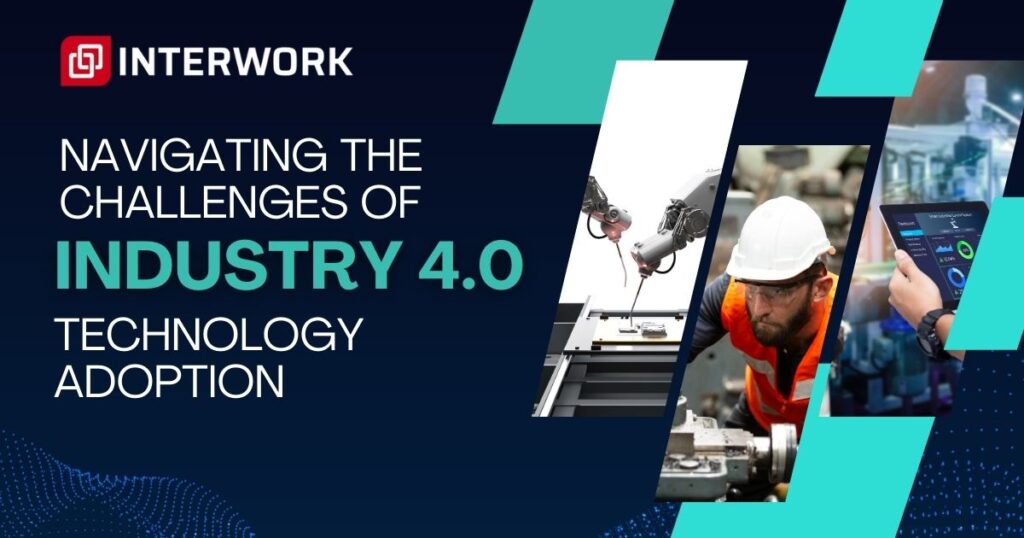How IoT and 5G Are Shaping Automotive Technology
The car manufacturing sector is altering the major trend in…

In the rapidly evolving landscape of manufacturing and technology, Industry 4.0 represents a significant leap forward. It integrates cyber-physical systems, IoT (Internet of Things), artificial intelligence (AI), and data analytics to create smart, interconnected factories. Implementing Industry 4.0 technologies comes with its set of challenges.
Industry 4.0, often referred to as the fourth industrial revolution, signifies a major transformation in the manufacturing domain. This transformative concept includes a wide array of innovations. These include predictive maintenance, autonomous robotics, digital twins, and the integration of blockchain technology. Embracing these advancements promises to boost operational efficiency, lower expenses, and elevate the standard of produced goods. Embracing these innovative advancements holds the promise of boosting operational efficiency, lowering expenses, and elevating the standard of produced goods.
Interwork Software Solutions stands at the forefront of advancing Industry 4.0 capabilities. Our expertise spans predictive maintenance, real-time analytics, and cybersecurity. This empowers businesses to simplify complex processes and optimize efficiency. We are committed to mitigating skill gaps through comprehensive training and support. Here is how Interwork can help you navigate the challenges of adopting Industry 4.0 solutions:
Industry 4.0 marks a pivotal advancement in manufacturing. It offers substantial improvements in operational efficiency, cost-effectiveness, and product excellence. This is achieved through cutting-edge technologies such as AI and IoT. By embracing these innovations, businesses can create interconnected and resilient manufacturing ecosystems. This paves the way for sustainable growth and competitive advantage in the digital era. As industries continue to evolve, leveraging Industry 4.0 enhances productivity and agility. It also drives innovation and fosters a future-ready approach to manufacturing excellence.